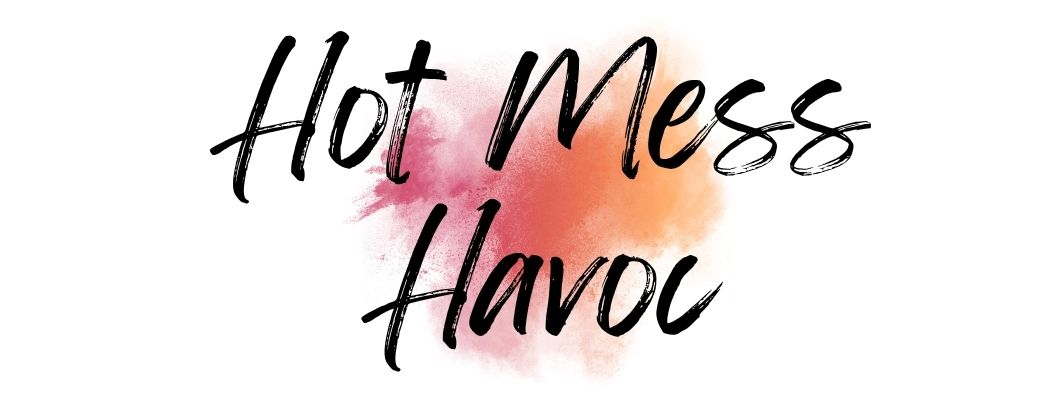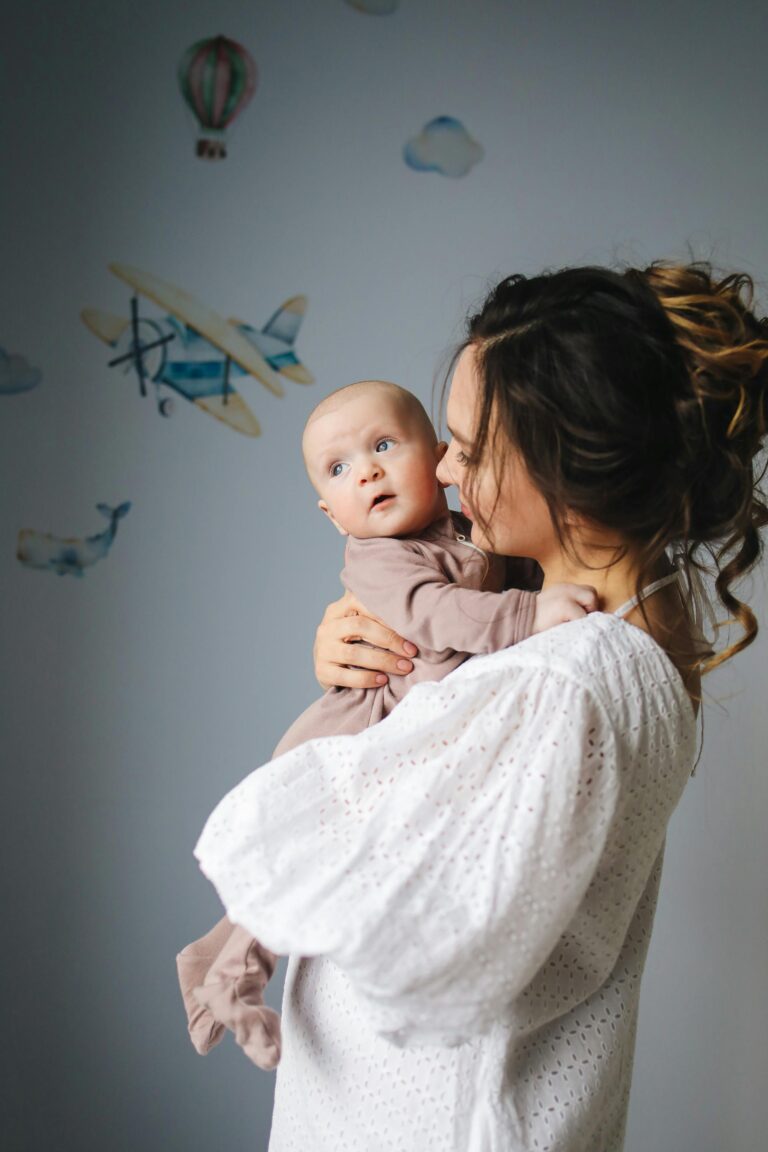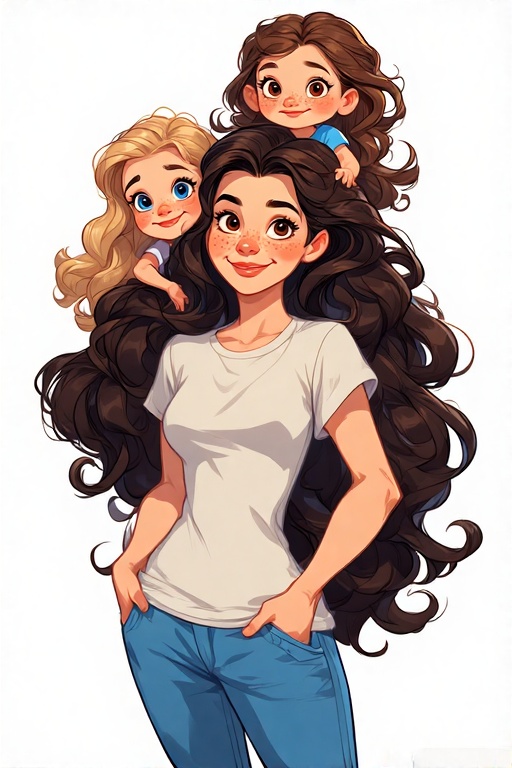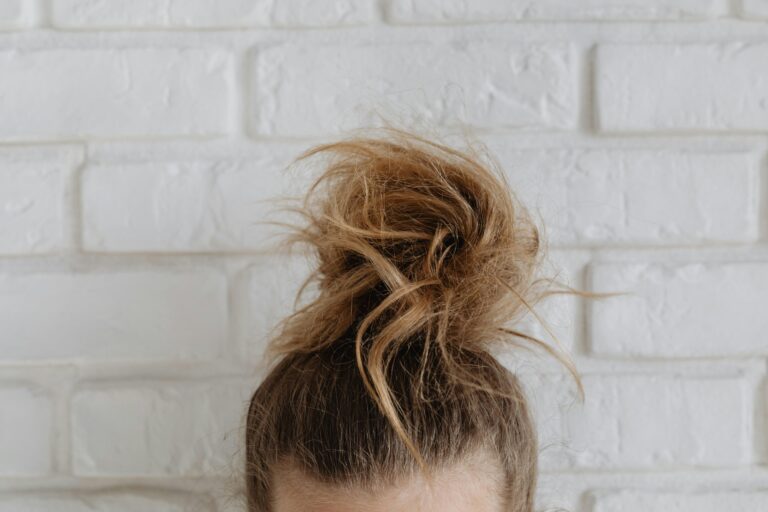Getting an Autism Diagnosis as an Adult: My Story
Because we have to start somewhere.
Autism was never on my radar for the past 34 years. Not once.
Sure, I had full blown panic attacks during thunderstorms well into my twenties (and still do, just severely repressed). Everyone has something they’re afraid of, right? And who doesn’t go into a rage when hair is touching their face or their shoulders? We all got something that annoys us. People chewing? Everyone is disgusted and irritated with the sound. I mean, who would want to hear that? Preferring to stay at home instead of hanging out with friends? I’m just introverted.
Nope, I’m just autistic.
These are just skimming the many facets and characteristics of autism that I experience. That’s the thing about autism; it’s entirely different for every person. For me, for the past two decades, when someone said the word autism, I instantly imagined a non-verbal, hand-flapping boy. It came with a sense of sadness, almost of hopelessness. There couldn’t possibly be a happy future for him, for them, for the afflicted. When friends and parents of patients would tell me their child was autistic, it almost always came with a sigh of defeat. People would reply with sympathy and look upon them with pity. Myself included.
But deep inside, I also had a sense of uneasiness. While others struggled to understand why autistics would have meltdowns or be overstimulated, I would point it out quite easily. I was quickly noted to have a calming presence with autistic patients, and I never knew why. They just made sense to me. The fluorescent lighting in medical offices are torture with their constant flickering. The table paper is cold, scratchy, and the crackling is like nails on a chalkboard. An otoscope is invasive. The parents are annoying with their constant demands and loud voices; I’d cover my ears too if I could.
I was always told I was oversensitive. “Steph’s always dramatic”, “Get over it, Steph”, “Why does everything bother you so much?”. When I was younger, getting my hair brushed was torture. I was the only girl of the family, and understandably now, my mother liked to dress me up. However, I wanted nothing to do with it. I hated having my hair brushed, or in my face, or constantly scratching my neck and shoulders. Ponytail, please, all day and every day. I would fight the hair brush and the curling iron. I’ve gotten burned more than a few times by accident from pulling away. I got yelled at enough that I finally just sat down and shut up, because the yelling scared me and hurt my ears more than the burns.
Yelling, sudden loud noises, background noises, alarms; all of it overwhelms me. Thunderstorms are my absolute living nightmares. Sudden bright flashes followed by waves of crashing thunder that trembled the walls of my room in an unrelenting assault of the senses. The rain pelted my roof and windows like bullets. As a child, I would hide in the basement or in a hallway so I couldn’t see the flashes and the thunder was duller. I would sob and tremble uncontrollably while my parents, brothers, and friends would tell me to get over it. As I grew older, and that behavior wasn’t tolerated any more, I resigned to smothering my head with the thickest pillow I could find, and stifled my whimpering.
A lot of behavior I tend to gravitate towards isn’t well tolerated, at least by Western society standards. I abhor fashion and anything to do with beauty. I tend to be blunt. I am honest to a fault. I don’t enjoy hanging out with friends most of the time, and would be perfectly happy being by myself most days. It’s hard to do that with a husband and kids, though.
My kids are the best things that ever happened to me for many reasons, but for today, they are the best because they led me to my diagnosis.
I struggled with depression and anxiety my entire life. It comes with the territory of never feeling like you quite fit in. I’ve tried in so many ways to mold myself into what I thought was normal and would be accepted, but it only left me more desperate and depressed.
Motherhood was no exception, and was the biggest exacerbator of this. With my first, I felt like I was failing. I was working full-time, she was in daycare full-time, and I felt like no matter what I did, I was failing her. I wasn’t at home with her like so many were telling me to do. I couldn’t; I became so overwhelmed with the noises and demands of an infant. Work was fulfilling to me, and I worked so hard to get where I was. But everything slowly built up, until I had convinced myself that everyone was actually telling me that she would be better off without me entirely.
Thankfully, I got the help I needed, and had tremendous support. But I noticed that my depression and anxiety were resistant to multiple types of treatments and medications. The debilitating anxiety, the overstimulation, the sense of failure continued. No matter what I did, I wasn’t doing the right thing.
My second child had some medical issues, and we struggled with sensory differences in her. As I was researching sensory aversions, I came across more and more information about autism and sensory processing. I went through checklists, and found that I was identifying with more of the items for myself than for my daughter. I then found that autistic girls and women present with different signs and symptoms, and became very,very suspicious.
I then signed up for a study for the development of a screening tool for autistic adult women. I completed several questionnaires, screening tools, an interview with a psychologist and a physician, completed a narrative, and had my husband submit my strengths and challenges. The outcome?
“There is no way you do not have autism.”
I just nodded at the clinician blankly.
“Congratulations,” she smiled.
A smile?
Why is she smiling? Why isn’t she looking at me with pity?
“I hope this information helps you. Being a nurse practitioner, you have a tremendous opportunity to identify and help other autistic girls and women, and help them navigate through life, especially with your experience.”
That struck a chord.
I knew I didn’t belong my entire life. I felt it in my entire being. I was a defective product in the human factory, just waiting to be picked up by quality control and tossed into the dumpster.
But now, there were others. There are others. I’m not alone.
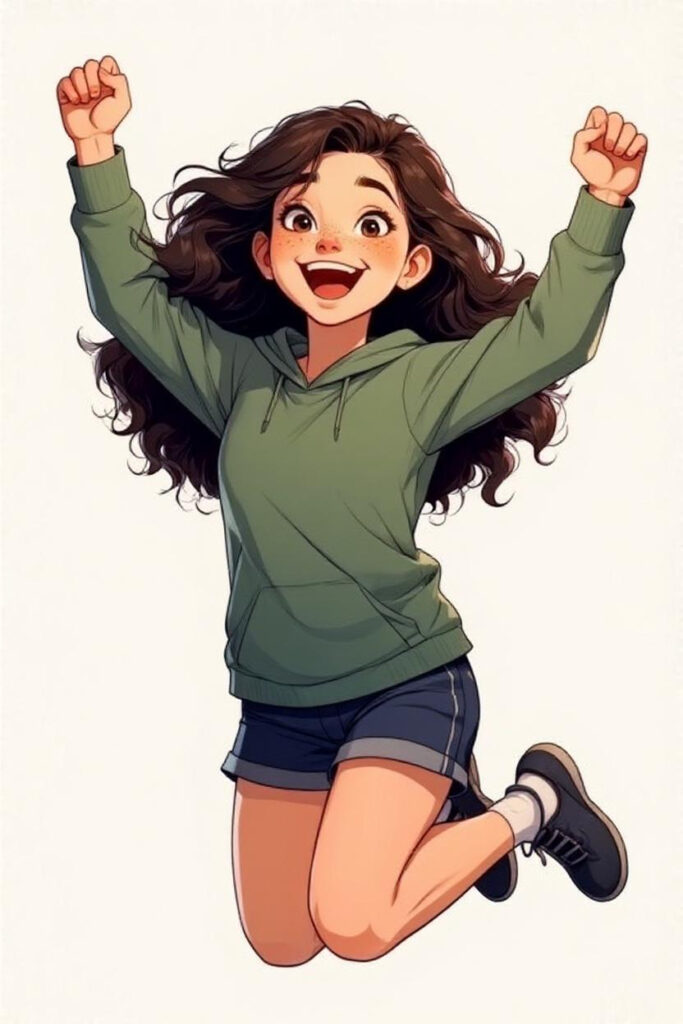
There’s hope.
So now, I’m here to share my story, and to let others like me (and maybe not like me) know that they aren’t alone. That what they are experiencing is real, genuine, and valid. That they deserve a voice and a place in this world just like everyone else.
You are not something to be pitied.
You are someone to be celebrated.
